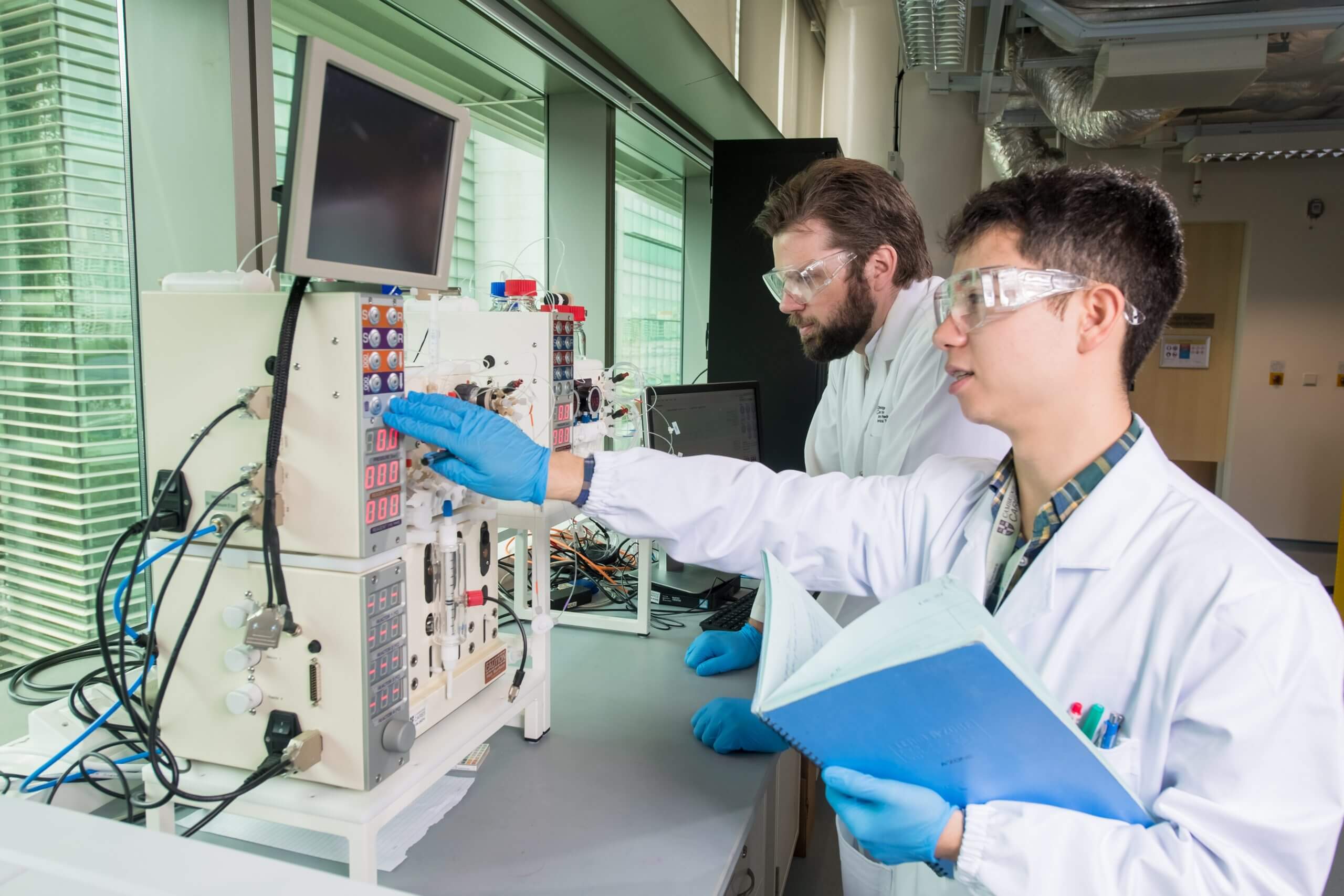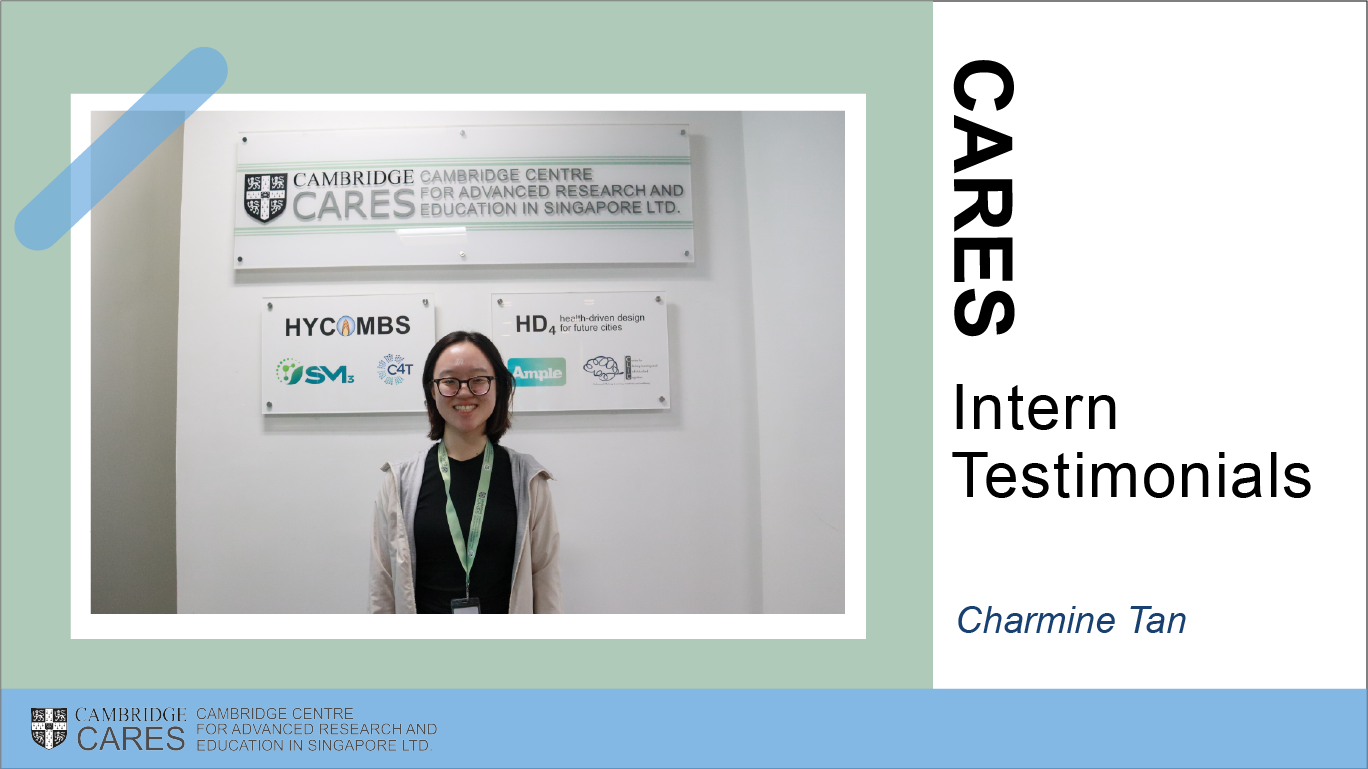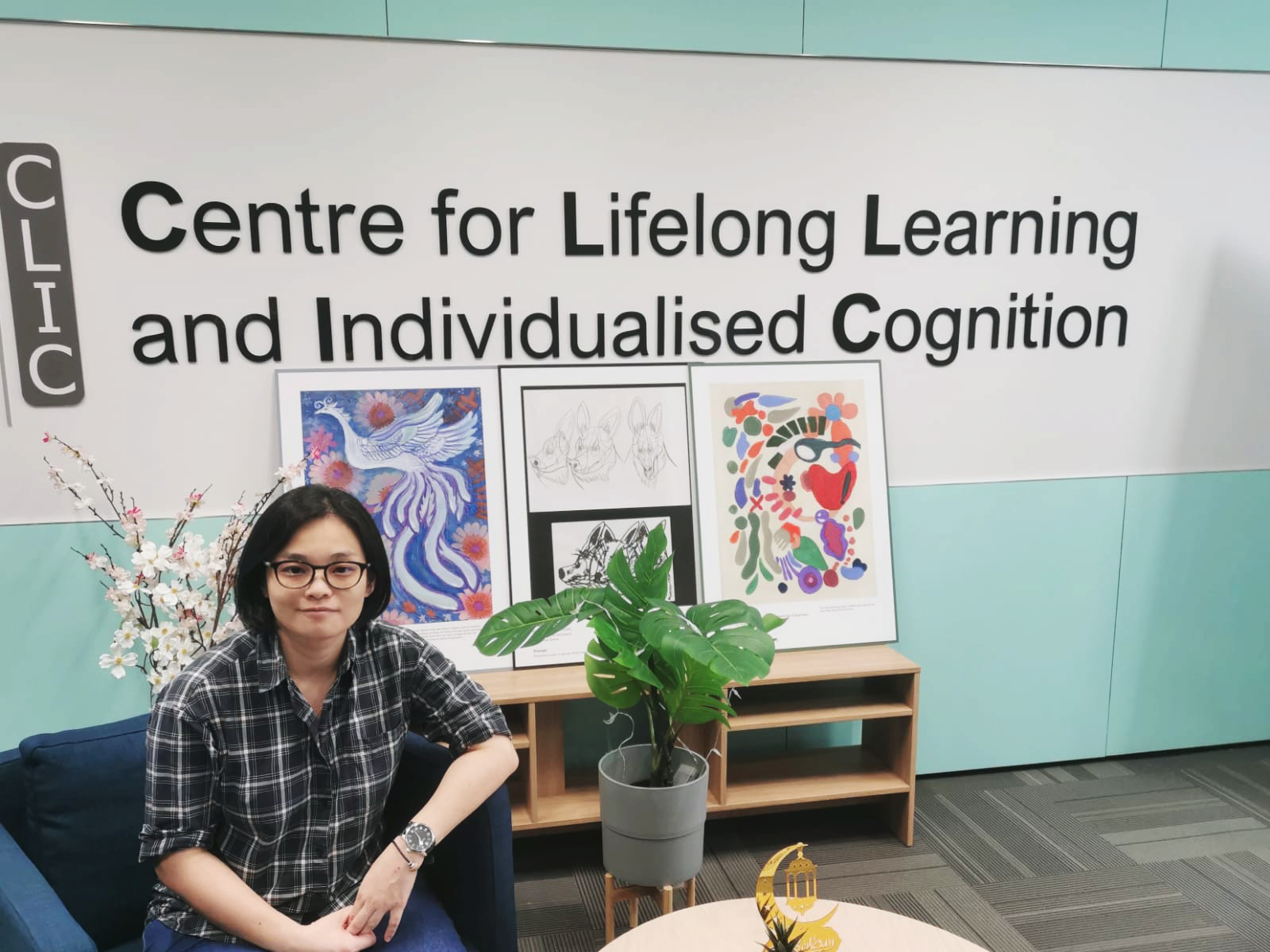
Pictured: Dr Nicholas Jose working in the CARES lab at CREATE.
AMPLE (An accelerated, manufacturing platform for engineered nanomaterials) will aim to improve the manufacture of nanomaterial technologies, by providing a market-ready technology platform to enable rapid, scalable, and cost-effective development. Compared to conventional technologies, the AMPLE approach is expected to be over 100 times more efficient, significantly reducing experimental workload and scale-up complexities and improving nanomaterial quality.
Project Lead Dr Nicholas Jose adds, “In the current method of upsizing production, reactor sizes are increased from the size of a small vial to the size of a house. In our method, we produce materials in high precision, micro-engineered processes. These are simply scaled-up by “copy-pasting” a unit, which means that we do have much fewer “trial-and-error” experimentation.”
AMPLE will also aim to collaborate with industrial partners in the pharmaceutical, energy, and functional coatings sector. A spin-off company based in Singapore will also be created to exploit the emerging technology for the benefit of Singapore and the wider world.
A webinar about the AMPLE project will be given by Dr Jose on 26th August. Register for the webinar and find out more about the commercialisation of nanomaterial technology in Singapore.
The two-year AMPLE project will be led by CARES Research Fellows Dr Nicholas Jose and Dr Mikhail Kovalev; and Professor Alexei Lapkin Principal Investigator from University of Cambridge. The project is hosted by CARES (Cambridge Centre for Advanced Research and Education in Singapore) together with NTUitive, the innovation and enterprise company of Nanyang Technological University, Singapore (NTU Singapore). It is supported by the National Research Foundation’s (NRF) Central Gap Fund.
The official joint news release is available.
The full Straits Times article is available.


